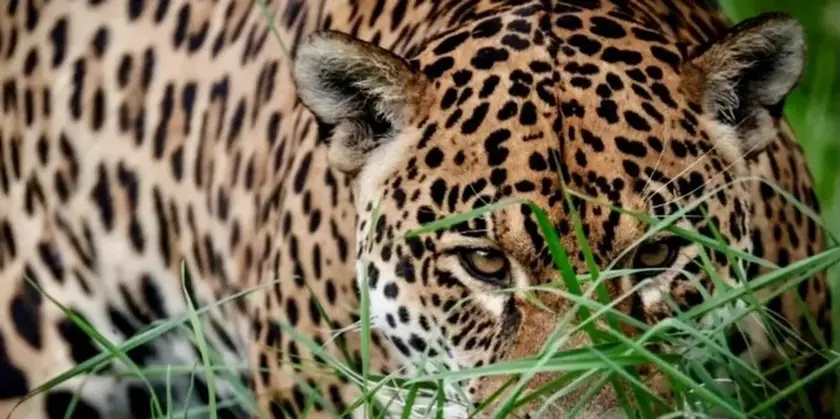T4K3.news
Dolphins and Killer Whales Reach Irreversible Ocean Lock
A new study in the Royal Society B finds fully marine mammals cannot re-evolve into land due to deep anatomical changes.
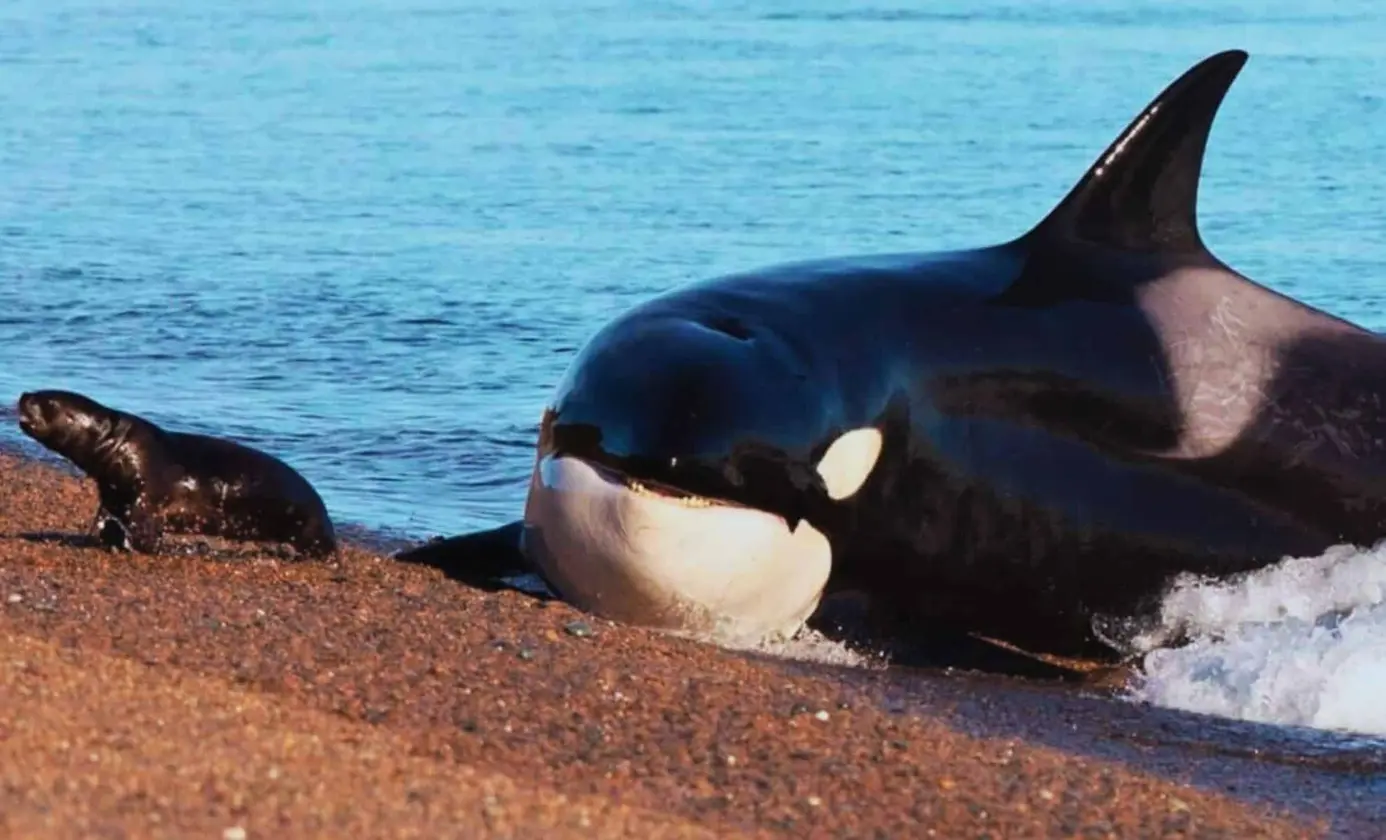
A study argues dolphins and killer whales are evolutionarily committed to life in the sea with no path back to land.
Dolphins and Killer Whales Reach Irreversible Ocean Lock
A study published in Proceedings of the Royal Society B, led by Bruna Farina of the University of Fribourg, argues that fully marine mammals have evolved so completely for ocean life that returning to land is biologically impossible. The researchers analyzed more than 5,600 mammal species and map how bodies, respiration, and reproductive systems have been reshaped to thrive in water.
The work frames this as an irreversible shift in line with Dollo’s law. It points to wholesale anatomical rewrites—larger bodies for heat retention, flippers in place of legs, powerful tails for propulsion, and water births—that lock these species into a single ecological niche. While this makes dolphins and killer whales top ocean predators, it also narrows their options as ocean conditions change and prey patterns shift.
Key Takeaways
"Fully marine mammals are locked into the ocean by the changes already made"
Direct finding described in the study
"Specialization that works today can become a liability tomorrow"
Editorial interpretation of the risk
"The ocean becomes a lock when conditions shift"
Comment on irreversibility under climate stress
The finding challenges the idea that evolution can easily retrace its steps. It shows that success in one environment can become a liability if that environment itself changes too quickly. This is a reminder that precision in nature can paradoxically limit a species’ resilience.
For conservation and policy makers, the message is clear: protecting ocean health matters more than ever. If climate warming, acidification, and shifting fish stocks accelerate, the very traits that helped these animals thrive may hinder their ability to adapt. The study invites a broader look at how we defend the ecosystems that support life on and off the coast.
Highlights
- Perfect adaptation can become a locked room
- Evolution writes a one way street not a map back
- The ocean's stability tests the limits of what lives can endure
- Specialized life invites risk when the world changes
Protecting oceans is not optional; it is a bet on the future of life in the seas.
Enjoyed this? Let your friends know!
Related News
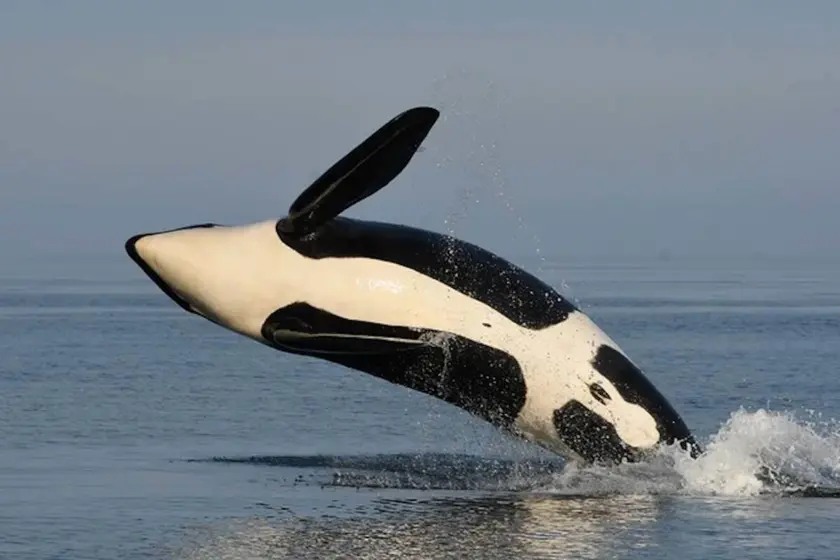
Critics challenge B.C. ocean noise reduction plan
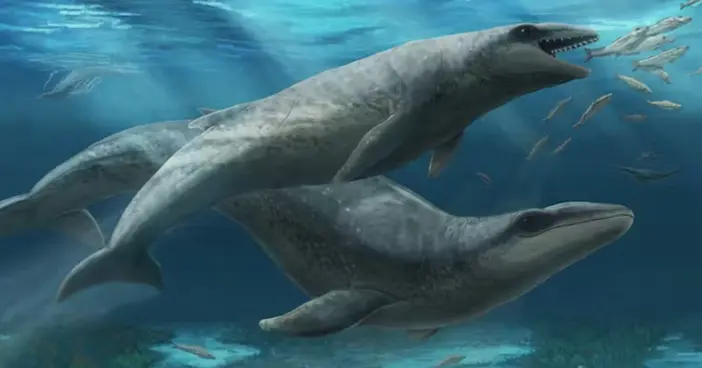
Ancient razor-toothed whale found in Victoria
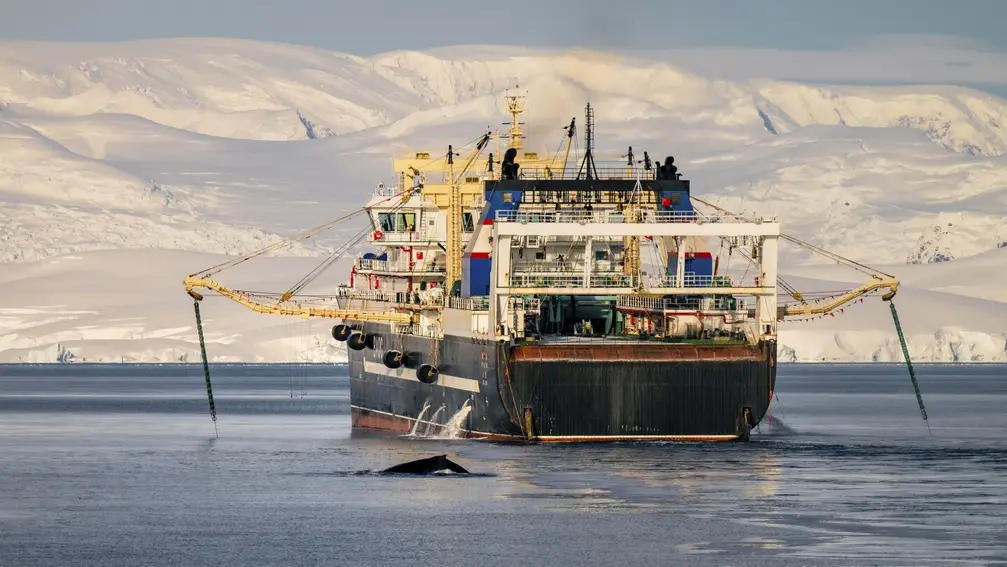
Antarctic krill fishery closes early after catch limit exceeded
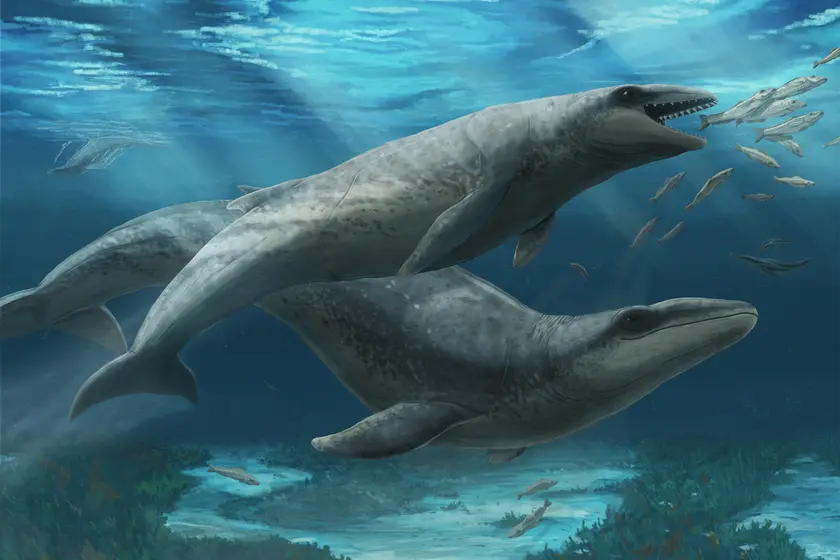
Ancient whale Janjucetus dullardi found off Victoria
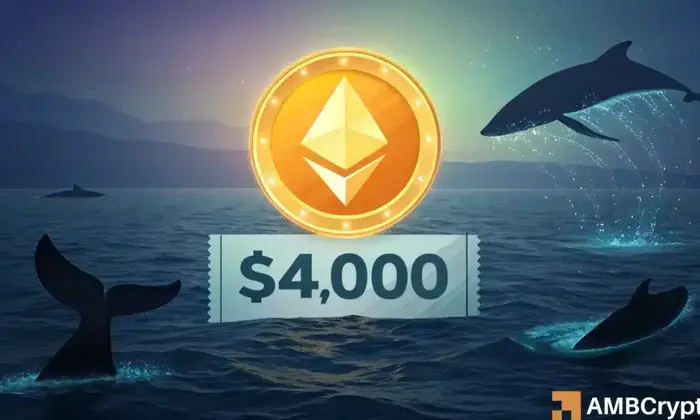
ETH breaks 4000 as whales move big sums

New study explores causes of brain fog and long-COVID

David Attenborough's Parenthood premieres on BBC
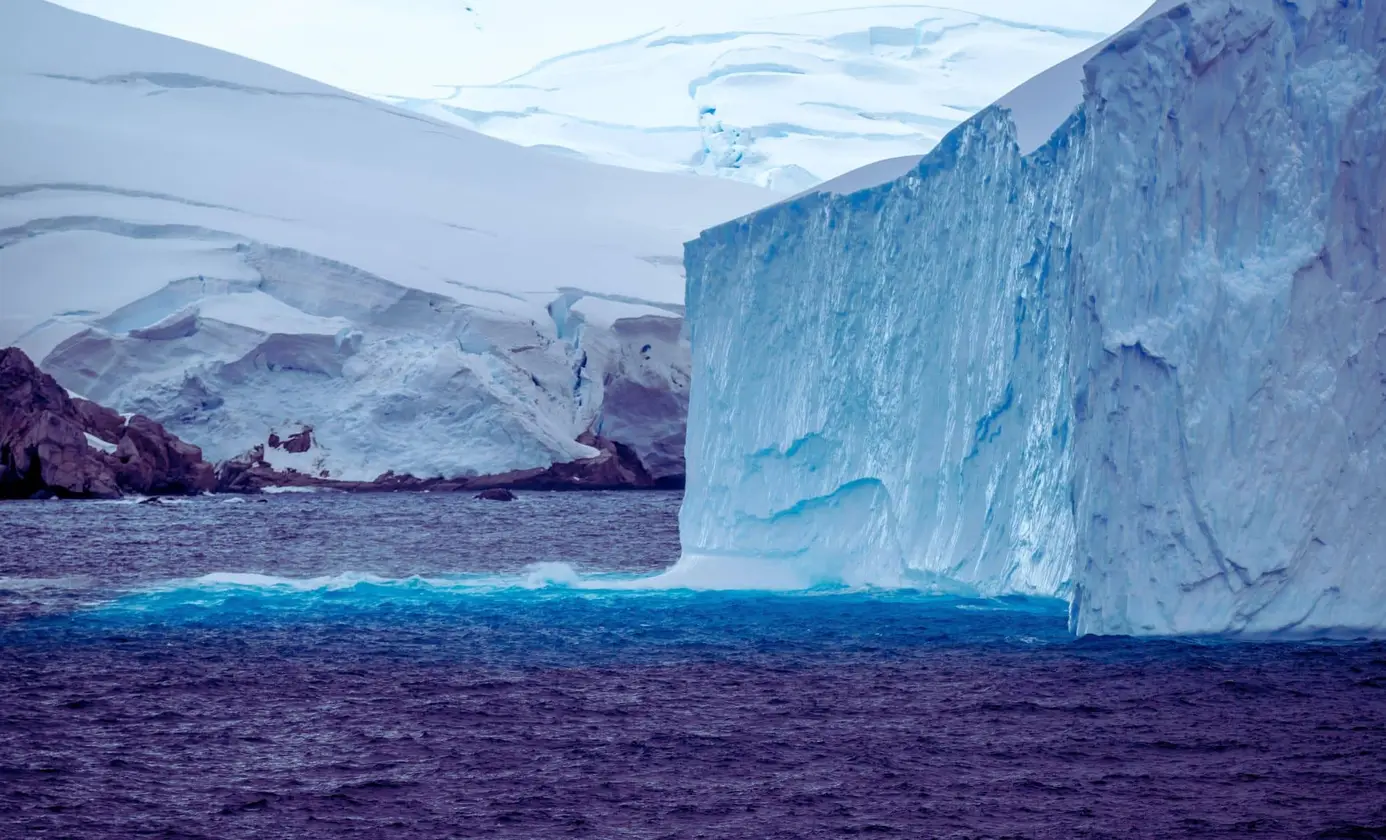
Antarctica Phytoplankton Shift Threatens Global Carbon Sink
